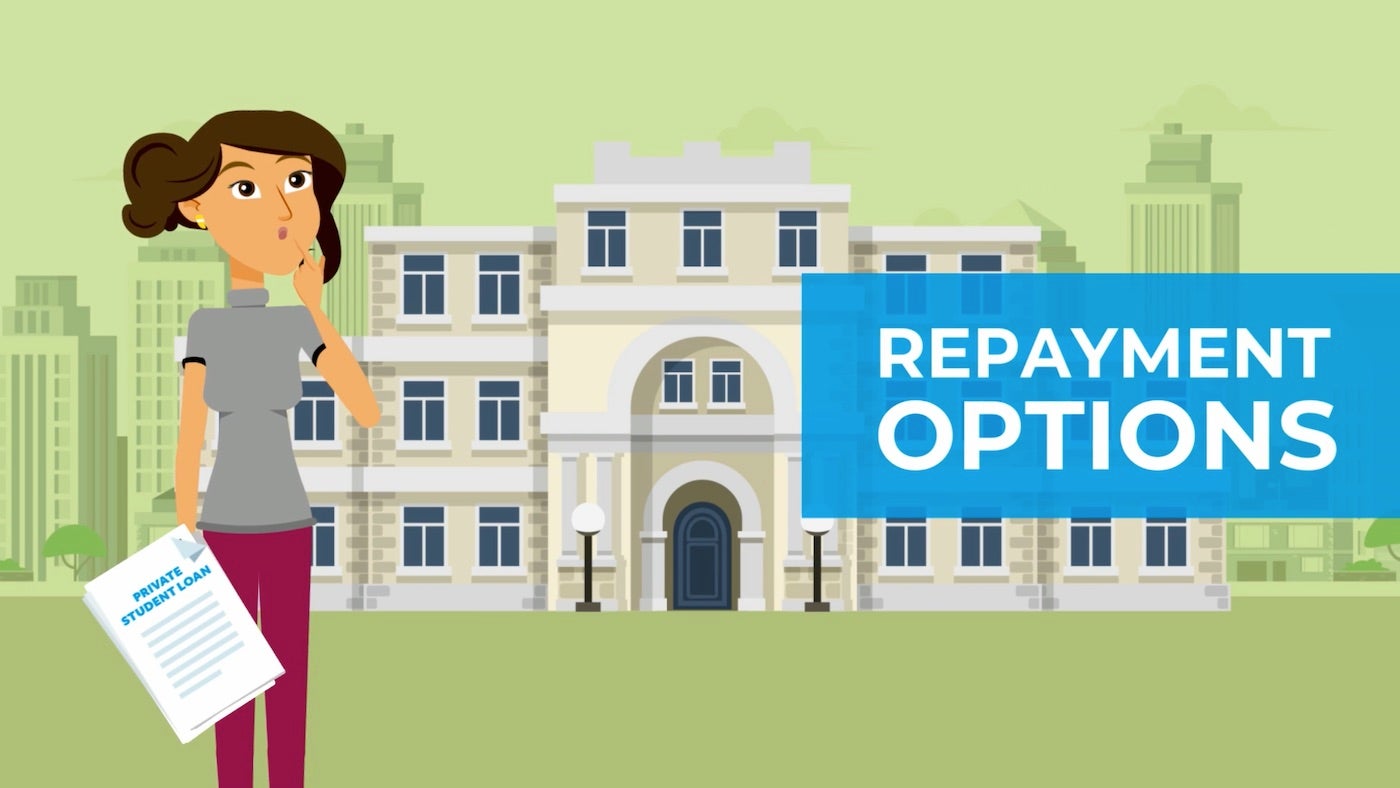So you’ve worked hard to get accepted to a great college, and you’ve taken out student loans to make this dream a reality. Now, it’s time to determine the best student loan repayment option before the academic year begins. This video explains the four common student loan repayment options, highlighting the pros and cons of each. These repayment options include:
- Immediate Repayment
- Partial Repayment
- Interest-Only
- Full Deferment
What is an Immediate Repayment Plan?
Let’s begin with the immediate repayment option. With this type of repayment plan, you’d begin to make both principal and interest payments as soon as the loan is fully disbursed. This allows you to save money on interest and speed up the repayment process since your loan will be paid off in less time. Keep in mind that immediate repayment is the only plan that does not provide you with a 6-month grace period.
What is a Partial Repayment Plan?
Next, there’s the partial payment plan. Here, you’d pay a low fixed monthly payment while you are in school, and then ramp up your payments after you graduate, or become a part-time student. This is more affordable on a month-to-month basis; however the interest you do not pay off will then be added to your loan balance after college, increasing your post-grad payments.
What is an Interest-Only Repayment Plan?
Another intriguing repayment plan option is interest-only, which means you’ll make payments only for the interest that accrues on your loan while you’re in school. Once you graduate, you’d pay on the interest and principle of your loan. This helps you save money long-term since you’ll cover the interest while you’re in school. Some lenders may offer you lower interest rates if you agree to begin repaying your student loans while enrolled in school.
What is a Full Deferment Plan?
Finally, there’s the full deferment plan. This allows you to hold off on making any student loan payments while you’re a full-time student. It may sound great to delay payments while in school or during your grace period, but you’ll end up paying more for the loan overall since the interest continues to accrue during the deferment and grace periods. This then gets added to your total loan once you start making payments.
Of course, the best way to navigate the student loan repayment process is to consult a professional. Contact ELFI to connect with a Personal Loan Advisor who can walk you through your options.



